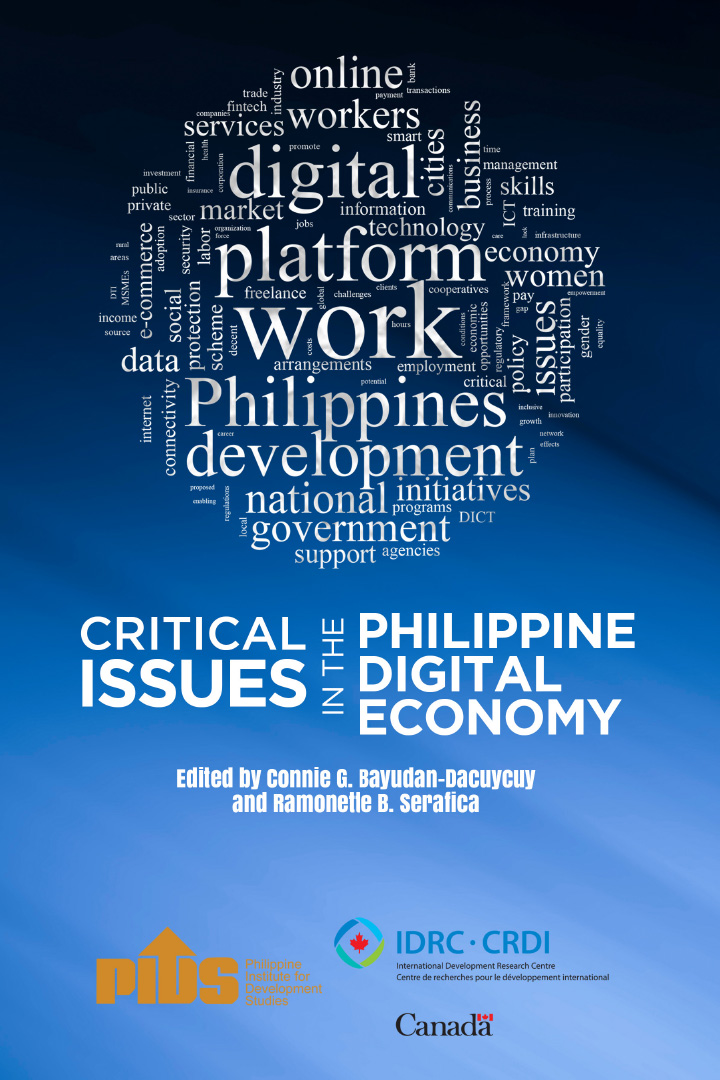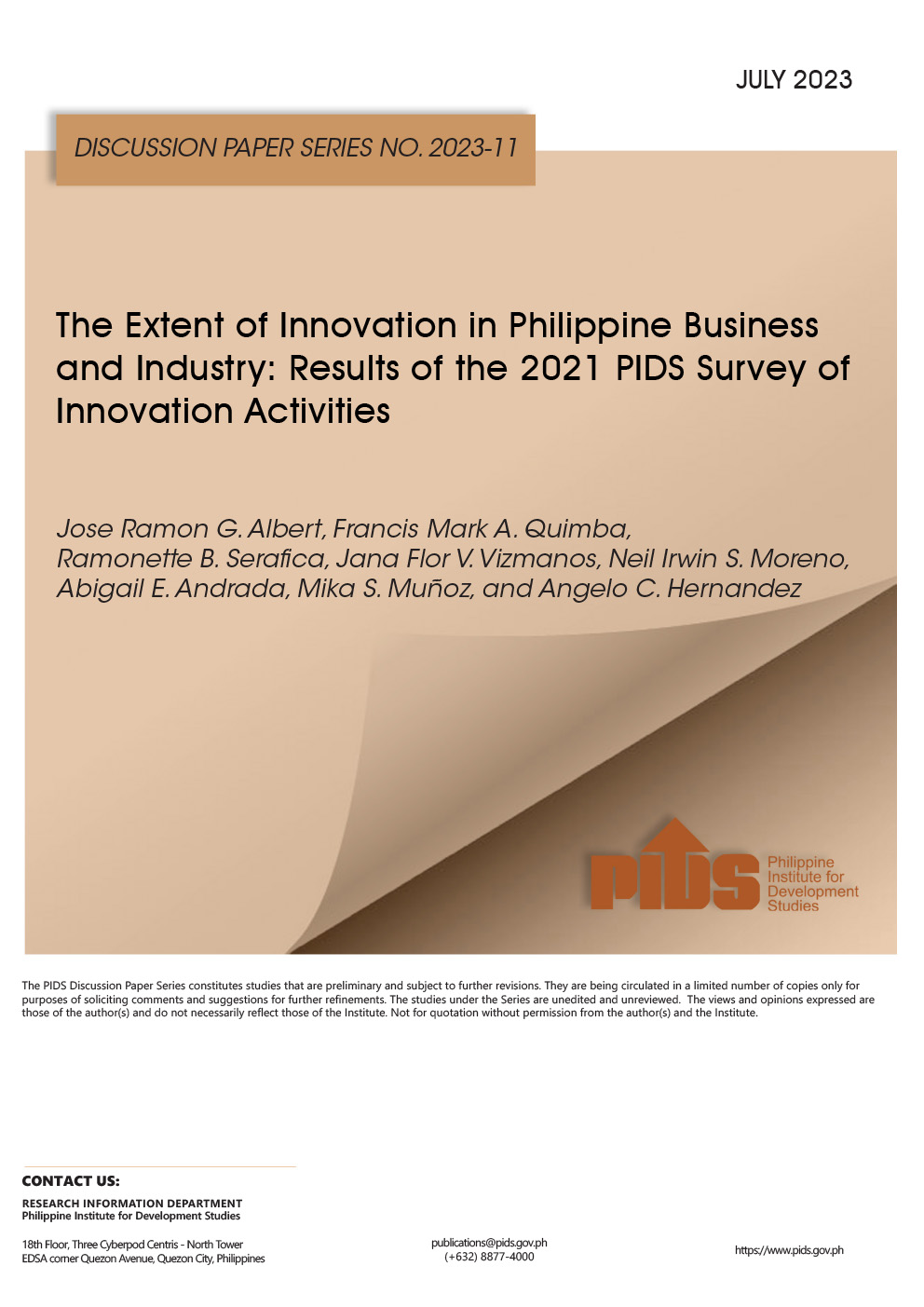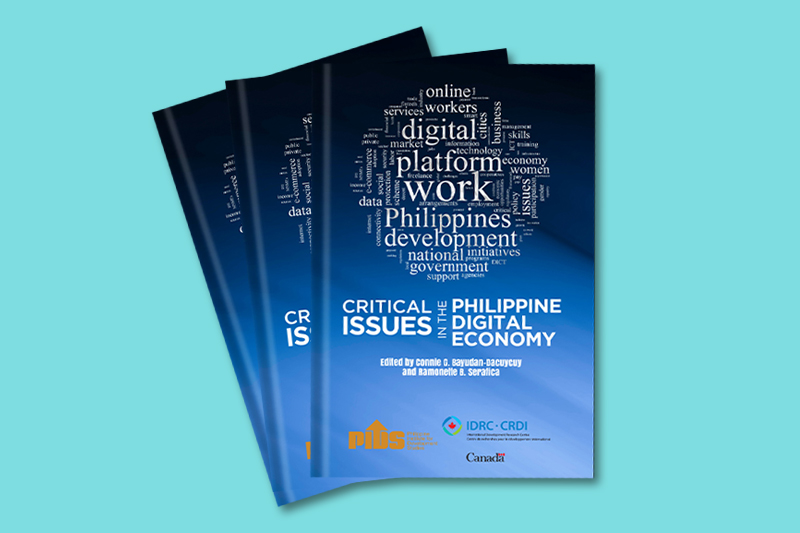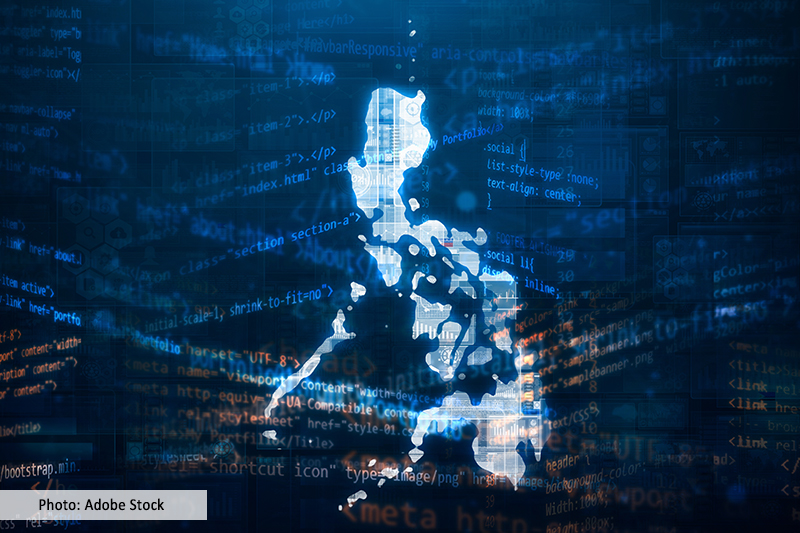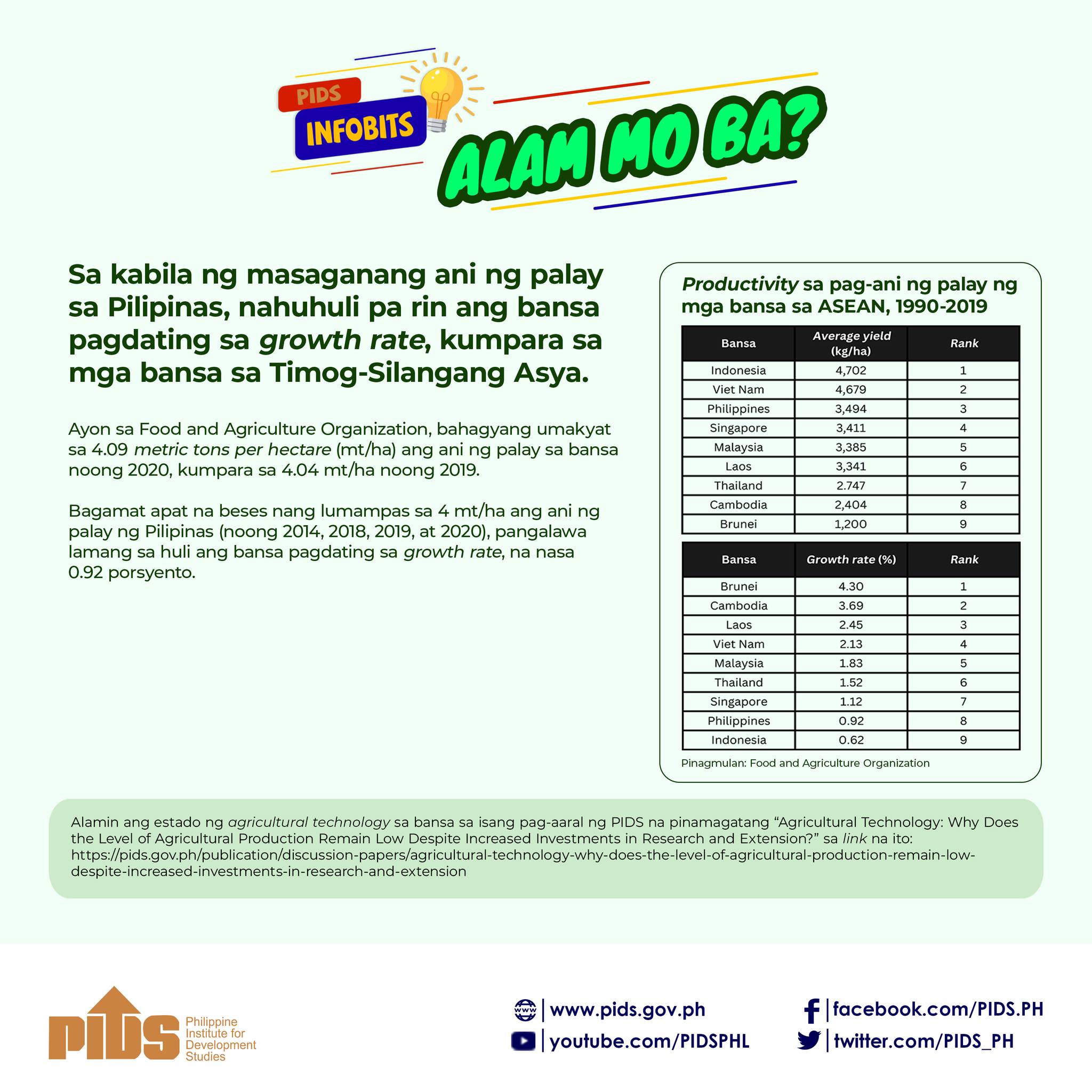
Accelerating the digital transformation could lead to substantial growth in global output, employment, and trade.
Dr. Yasuyuki Sawada, chief economist and director-general, Economic Research and Regional Cooperation Department of the Asian Development Bank (ADB), highlighted this during a recent webinar organized by ADB and state think tank Philippine Institute for Development Studies (PIDS).
Sawada, citing ADB’s 2021 Asian Economic Integration Report, noted that “if digital sectors expand by 20 percent from the year 2020, global output will rise by USD 4.3 trillion annually and Asia’s output will increase to USD 1.7 trillion annually for the next five years.”
Based on ADB’s estimates, an expansion of 20 percent in the Philippine digital sector from the 2020 baseline by 2025 could result in an additional output of USD 37.6 billion and create 2.2 million new jobs a year.
Along the same lines, PIDS President Dr. Celia Reyes mentioned in her opening remarks that the digital economy has transformed the landscape of the job market, corporate competition, and the global economy as a whole.
“It has led to a significant growth opportunity for businesses and provided consumers with opportunities to purchase an expanding range of products from a large number of suppliers, at lower prices,” she explained.
However, she cautioned against possible risks and challenges that may come with digital transformation, such as the widening digital divide in the country and the emergence of data privacy and security issues, among others.
In addition to what Reyes’ said, Sawada noted that digital platforms tend to ease out traditional businesses and create issues related to privacy and cybersecurity, tax arbitrage loopholes, and anticompetitive behavior.
ADB Senior Economist James Villafuerte also pointed out in his keynote presentation that some digital platforms have “created a large class of interdependent contractors who have little pension, no leave benefits, and little social security”.
Further, the country’s outdated laws and regulations on information and communications technology (ICT) is another stumbling block in the country’s digitalization journey, said Senator Edgardo ‘Sonny’ Angara, who served as closing speaker at the webinar.
“Many studies have pointed out that our laws and regulations are somewhat antiquated, dating back as far as the 1930s. Others have also [commented] that some of our laws do not encourage competitive markets in the arena of technology and communications,” he said.
Sawada said all these issues must be addressed to minimize the risk to the country’s safety and financial stability.
He stressed the need to increase access to high-quality ICT infrastructure, promote digital skills and literacy among Filipinos, provide safe and secure online payment systems, grant financial access for innovative startups, and promote efficient and effective legal and regulatory frameworks. These measures, according to Sawada, are necessary to “maximize the overall net gains from digital transformation”.
Villafuerte, for his part, emphasized the importance of education and labor policy reform, saying this is crucial to broaden the gains from the digital economy. He also underscored the significance of designing a universal, portable, and digitally enabled social protection for platform workers.
For Senator Angara, updating the country’s laws is essential to “make them handmaid of progress in digital expansion”.
“What is important is that the law will shepherd the technologies rather than lag behind the technology or hinder the technology,” he said.
He also noted the crucial role of educational agencies such as the Department of Education, Commission on Higher Education, and Technical Education and Skills Development Authority in enhancing the digital competencies and skills of Filipinos. ###
You may watch the webinar at https://www.facebook.com/PIDS.PH/videos/267811908346029. For more videos of PIDS events, go to https://www.pids.gov.ph/videos.
Dr. Yasuyuki Sawada, chief economist and director-general, Economic Research and Regional Cooperation Department of the Asian Development Bank (ADB), highlighted this during a recent webinar organized by ADB and state think tank Philippine Institute for Development Studies (PIDS).
Sawada, citing ADB’s 2021 Asian Economic Integration Report, noted that “if digital sectors expand by 20 percent from the year 2020, global output will rise by USD 4.3 trillion annually and Asia’s output will increase to USD 1.7 trillion annually for the next five years.”
Based on ADB’s estimates, an expansion of 20 percent in the Philippine digital sector from the 2020 baseline by 2025 could result in an additional output of USD 37.6 billion and create 2.2 million new jobs a year.
Along the same lines, PIDS President Dr. Celia Reyes mentioned in her opening remarks that the digital economy has transformed the landscape of the job market, corporate competition, and the global economy as a whole.
“It has led to a significant growth opportunity for businesses and provided consumers with opportunities to purchase an expanding range of products from a large number of suppliers, at lower prices,” she explained.
However, she cautioned against possible risks and challenges that may come with digital transformation, such as the widening digital divide in the country and the emergence of data privacy and security issues, among others.
In addition to what Reyes’ said, Sawada noted that digital platforms tend to ease out traditional businesses and create issues related to privacy and cybersecurity, tax arbitrage loopholes, and anticompetitive behavior.
ADB Senior Economist James Villafuerte also pointed out in his keynote presentation that some digital platforms have “created a large class of interdependent contractors who have little pension, no leave benefits, and little social security”.
Further, the country’s outdated laws and regulations on information and communications technology (ICT) is another stumbling block in the country’s digitalization journey, said Senator Edgardo ‘Sonny’ Angara, who served as closing speaker at the webinar.
“Many studies have pointed out that our laws and regulations are somewhat antiquated, dating back as far as the 1930s. Others have also [commented] that some of our laws do not encourage competitive markets in the arena of technology and communications,” he said.
Sawada said all these issues must be addressed to minimize the risk to the country’s safety and financial stability.
He stressed the need to increase access to high-quality ICT infrastructure, promote digital skills and literacy among Filipinos, provide safe and secure online payment systems, grant financial access for innovative startups, and promote efficient and effective legal and regulatory frameworks. These measures, according to Sawada, are necessary to “maximize the overall net gains from digital transformation”.
Villafuerte, for his part, emphasized the importance of education and labor policy reform, saying this is crucial to broaden the gains from the digital economy. He also underscored the significance of designing a universal, portable, and digitally enabled social protection for platform workers.
For Senator Angara, updating the country’s laws is essential to “make them handmaid of progress in digital expansion”.
“What is important is that the law will shepherd the technologies rather than lag behind the technology or hinder the technology,” he said.
He also noted the crucial role of educational agencies such as the Department of Education, Commission on Higher Education, and Technical Education and Skills Development Authority in enhancing the digital competencies and skills of Filipinos. ###
You may watch the webinar at https://www.facebook.com/PIDS.PH/videos/267811908346029. For more videos of PIDS events, go to https://www.pids.gov.ph/videos.

